Process
Performance management provides a framework for managers and employees to talk throughout the year about goals, expectations, performance and professional development. This flexible, interactive process begins with the setting of clear expectations—a foundation for successful performance.
The best goals and expectations are clear-cut and easy to understand (see What are SMART goals? below). In building them, consider not only what the employee will accomplish (task or outcome), but also how they will accomplish it (behaviors/competencies). Be sure to identify the competencies that one will need to carry out their work.
Not every position is assessed in terms of goals. However, all individuals have essential responsibilities, and perform specific tasks and other assignments. At this stage in performance management, identify goals or expectations for the coming period. We encourage employees to participate in at least one development opportunity per performance cycle. Consider on-the-job training, developmental feedback and exposure to new situations and activities, as well as formal training programs.
Workday Steps
1: Human Resources initiates process
2: Employee receives Workday inbox item to initiate goal setting
3: Employee and manager meet to discuss the employee’s goals and expectations for the coming year.
4: Employee enters goals and/or task responsibilities discussed
5: Employee completes action by submitting in Workday
6: Manager receives Workday inbox item to review employee-submitted goals or tasks and sends the task back to the employee if any edits are required
7: Manager accepts goals and the process is complete
A video walking you through these steps can be found here.
Job aids
For Employees
For Managers
What are SMART Goals?
Managers and employees use SMART goals to help guide goal setting. A well-developed SMART goal incorporates all of these criteria to help you focus your efforts and increase the chances of achieving your goal.
SMART Goals are
- Specific: focused, well-defined and action-oriented—What will you accomplish?
- Measurable: metrics can be applied to assess success or failure—How will you know you have accomplished the goal/expectation?
- Attainable: accomplishable within the specified timeframe, not a wish-list item; achievable goals challenge the individual but not so much as to cause frustration—Do you have the skills to complete this goal/expectation?
- Relevant: meaningfully contributes to larger objectives—Do you have the resources to accomplish the goal in terms of equipment, funding, staff, time, resources?
- Time-Based: has a deadline for completion; goal statements should include a realistic timeframe—What is a realistic date for achieving this goal?

